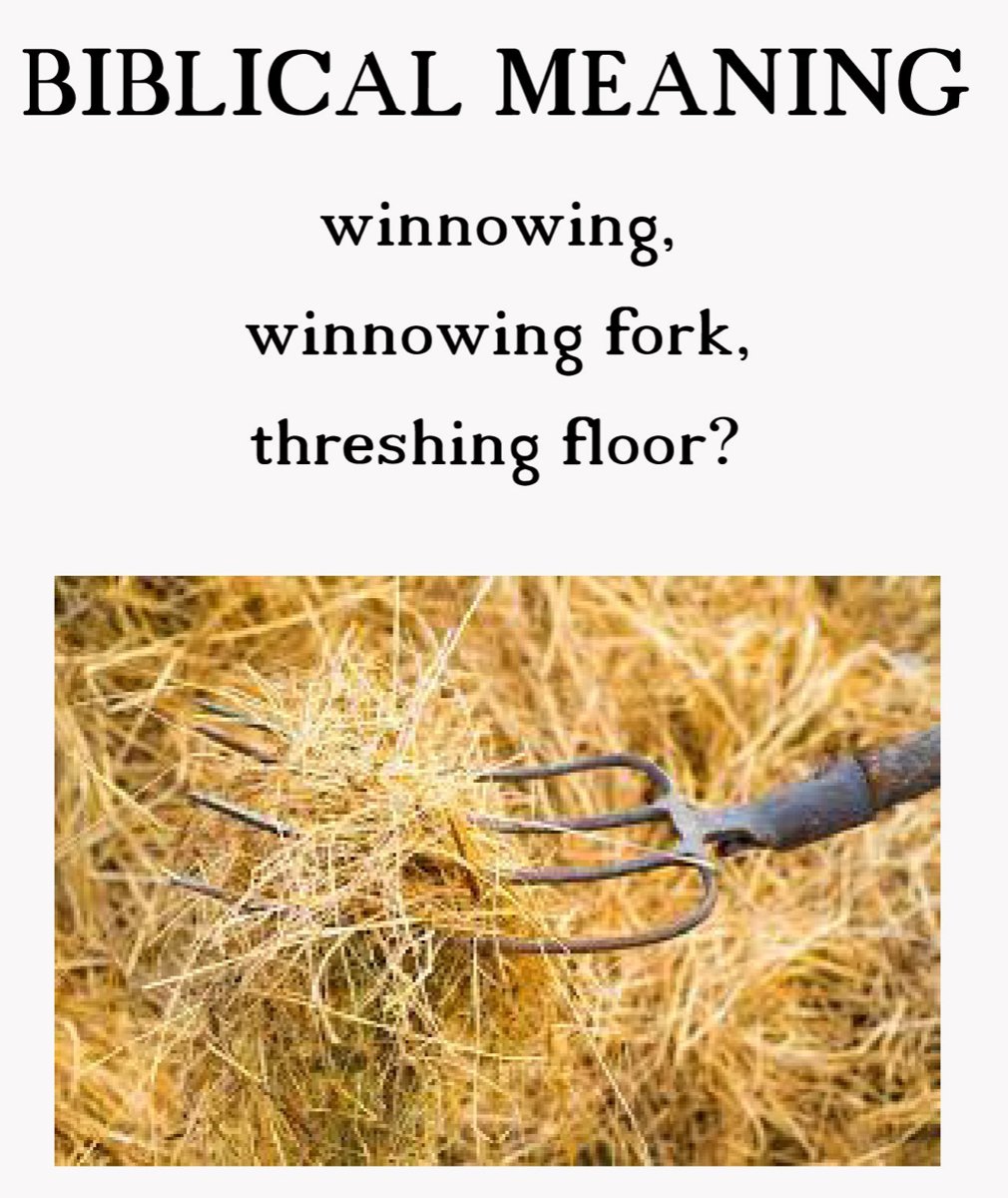Six Notes Blog
Welcome to our Six Notes Blog. This is a place we’ll dive deeper into scripture and find guided prayers. We’ve put together spotify playlists, screensavers, and images to inspire and encourage. You can also find bible verses to reflect on, memorize and save. Our goal is to constantly connect right here with ways to deepen your faith and walk with Jesus.
There are many ways to connect with the Lord, get creative! God doesn’t care HOW you do it; He just desires you.

Isaiah 43:19 explained - I Will Make A Way
Isaiah foreshadows that the Lord will judge Babylon and promises His exiled people new life. The Israelites are in desperate circumstances in Babylon. Life looks bleak and they are stuck in a pit of despair as they look back in life. But God is saying when you remember the past, look at the great work I have done for you, not the discouragement and defeat. For He is a God of miracles and He will make a way just has He has done before for them before. He creates roads in the wilderness. He forms rivers in the desert. He will make a new way.

Fully Known - 1 Corinthians 13:12 - Meaning In The Bible
This verse is both reassuring and hopeful. Reassuring to know we are fully known by God himself and still loved. He knows our thoughts, our actions, and even what we will think before we think it. He knows our hurts, loves and anxieties. He knows our past and future. We are fully known in every which way by the Creator of the universe and He still loves us completely and provides us a hope for the future.

Meaning of Winnowing, Winnowing Fork, Threshing Floor
When reading the Bible we often come across words, tools, or phrases that do not make sense to us in today’s world. For example: winnowing, winnowing fork or chaff. What is a threshing floor?
These terms are often used but not always as a picture of God’s judgment. It is a visual that the Jewish people understood very well but is foreign to us today.

Meaning and Use of Olive in the Bible
How do you write about the use of the “olive” in the Bible? Where do you even begin to dive deep? There are so many facets to the Olive Tree. There is the tree, the branch, the shoot, the oil, and the Mount Of Olives and I’m pretty sure there are more areas to dive into with the Bible! I mean the Olive tree/branch is referenced from Genesis as a sign of peace when the dove brought back an Olive Branch during Noah’s Flood all the way to Revelations with the vision of the two Olive Tree…
-
Pray this prayer before you begin. Yearn to study Him, getting to know Him verses what’s in it for us.
-
When life is a little dry and mundance, when we need a little inner motivation, when we just need something to pull us out of this rutt… prayer this prayer and rest in His goodness.
-
pray one of our favorite bible verses
resources
-
Tessa Afshar, Connilyn Cossette, and Francine Rivers.
Some of the deepest moments of my faith journey has been picking up a good read and letting the charcters inspire me. Christian Fiction or better yet Biblical fiction has a way of opening up our mind into what life MAY have been like back then.
-
These are two main resources that I love to go to when trying to dive deeper into a passage or theme in the bible.
Blue Letter Bible - Commentator David Guzik
The Bible Project
-
Find a list of our personal book recommendations for kids and adults in both fiction and non-fiction.




